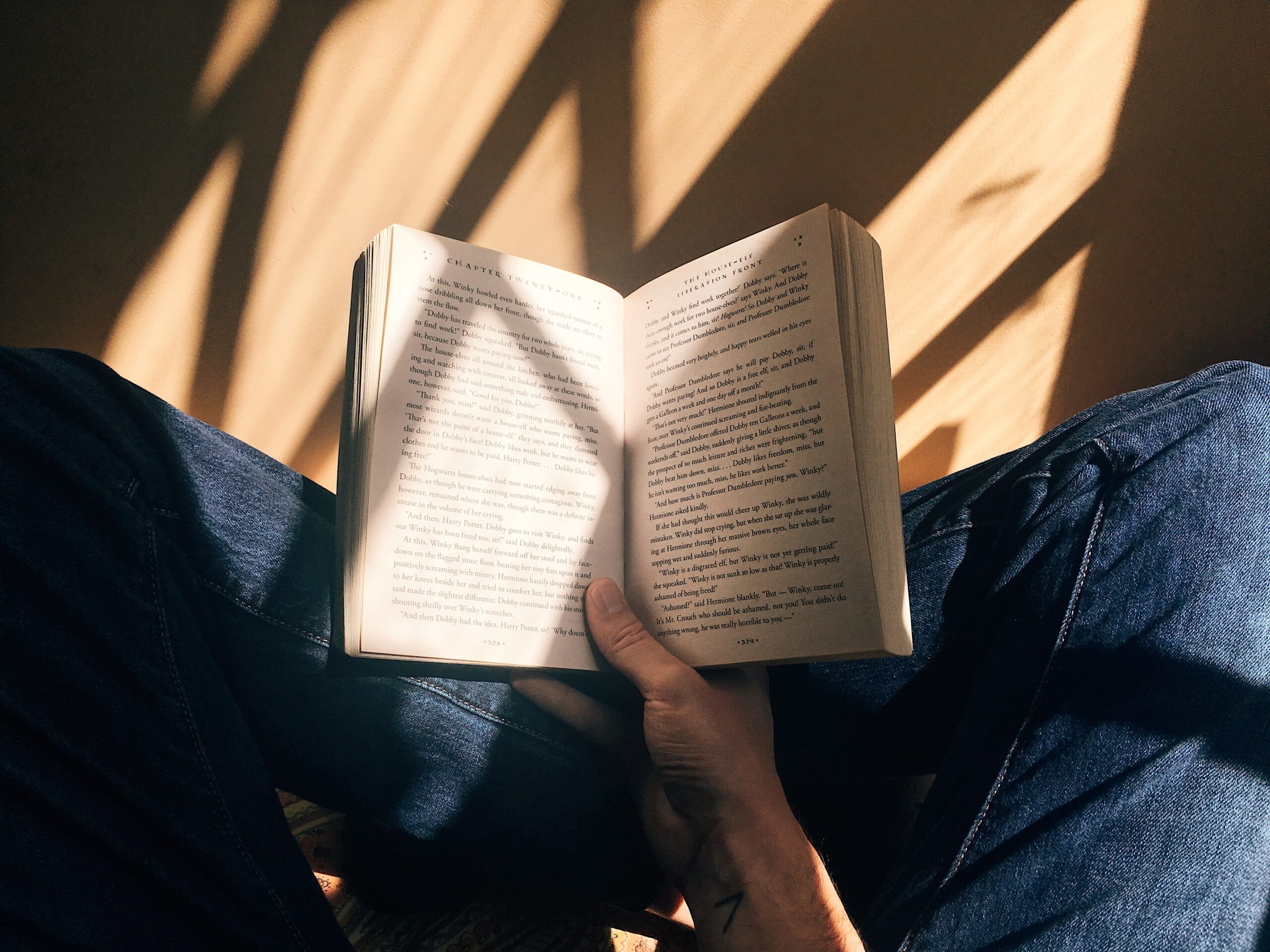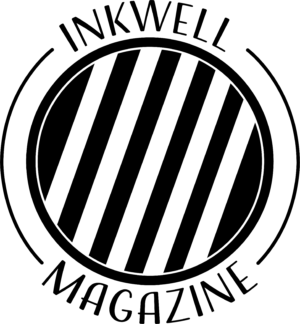Reading for Pleasure by Hannah Dosch

Have you ever been asked what you like to do in your free time? Did you ever respond with reading and get snarky remarks such as “Oh I never read. I don’t remember the last time I read a book, maybe it was in high school. I just read Sparknotes” or something along those lines? My guess is if you enjoy reading you haven’t made a remark like that and if you are on the opposing side you have responded in such a manner.
We all start out with either a love or hate for reading due to our first interactions with books. When we are young and just learning how to string sentences together, we begin the process of learning how to read. Reading can be difficult at times especially when you are just learning how. The feedback one receives can implement either deep-seated distaste or a budding love for the written word.
As a child, I sometimes struggled to pronounce words and this would cause embarrassment and bitterness when asked to read out loud or read as part of an assignment. In elementary and middle school I did my best to avoid reading out loud. Popcorn-style reading was my nightmare, and if I had to read, I would make sure to find sentences without big words I didn’t know how to pronounce. The fear of embarrassment can create negative feedback to a young reader which causes many individuals to begin to resent reading. They will go to farther lengths to cheat their way through reading an assigned book than it would take to actually read the thing. While I was tempted to stray from reading, I was able to overcome some of my resentment.
Reading is one of those hobbies in which one has to persevere in order to love it. I personally found reading with my parents or having my parents read to me to be some of the most beneficial ways to get over my embarrassment. My mother and I would often pick out a book and take turns reading chapters out loud. When I would get to a word I didn’t know how to pronounce I often tried to cheat and skip over them while reading; however, my mother didn’t allow this and would have me go back and try to read the word I had avoided. This sometimes was a hard-fought battle as I didn’t want to feel stupid in front of my own mother for not knowing how to say a word. When it came to difficult words I often had two approaches: remain silent long enough that my mother would break down and phonetically pronounce the word for me or I would try and pronounce the word and look for approval. As I grew older and my knowledge of the English language expanded, I came to realize that not understanding or being able to pronounce a word isn’t that scary of a thing after all. The English language has so many words that I could learn a new one every day for the rest of my life and still not know the whole expanse of English. So there really isn’t any shame when we don’t know how to pronounce something. Instead, we just get to learn something new and grow our vocabulary.
But that’s just my story. What about you? Do you enjoy it? Why? I have often found in my personal life that I have a love-hate relationship with reading. There are days when the absolute last thing I wish to do is read. Whether that be for my academics, or even trying to read for pleasure, the thought of picking up a book makes me reach for the TV remote instead. It can be difficult sometimes to force yourself to read, and yes, sometimes I have to force myself to read. Reading academically can be rigorous, and that’s why people try to avoid reading altogether. It isn’t fun to read critically and digest large amounts of information then try to process what you’ve just read. Ever read a sentence more than once? Ever read a sentence more than once? Ha got ya! It’s exhausting to concentrate all your focus on an article that, quite frankly, is putting you to sleep. It makes you squint your eyes and muddles the brain and you just end up frustrated. I’ve been there too.
But reading isn’t all bad, there are some enjoyable elements to it, too. Although, I sometimes find the mental switch between reading critically and reading for pleasure difficult. If I’m reading novels for class and have to take notes on them, one of the last things I want to do is read a book for fun while mentally my mind is still turning over prompts and questions that my professors want me to think about when reading- what is the Hero’s Journey, what does this symbolize, what rhetorical devices are being used in this paragraph? This mental switch can sometimes lead to “reading slumps” and, boy, no one enjoys those. Have you ever had a slump in a sport or in your creative juices? It’s very similar to that feeling. You can’t seem to find a book that will keep your attention for more than a few chapters and nothing you read seems enjoyable. It sucks! But the good news is you can always get out of bad reading slumps with a book that piques your interest and is something you actively enjoy reading.
“That’s reading for pleasure. It’s being lost in your own little world of ink and paper, you keep turning pages wanting to know what happens next.”
Taking that step back from analytical reading to reading just for fun has enhanced my love for reading which often gets depleted in an academic year. When I get to read and “turn off my brain” I find my love for reading is replenished. Being able to just read to enjoy a funny plot and lovable characters and not for homework, reminds me of how enthralling books can become. That escapism a reader feels from reality when they are so wrapped up in a book they can’t put it down. That’s reading for pleasure. It’s being lost in your own little world of ink and paper, you keep turning pages wanting to know what happens next. All you need to do is find the right book for you and suddenly you’re no longer sitting on your couch on a lazy Sunday afternoon, you’re flying through space on an intergalactic mission or falling in love in a cafe on a rainy day in Paris. Or if you are Lars Johnson rereading Frankenstein for the millionth time and still enthralled by the Monster’s story. Whatever it may be, reading for pleasure is a time to unwind and relax and lose yourself for a little while.
As the academic year draws to a close, this is the perfect time to again pick up your love for reading for pleasure. Even if your “To Be Read” list seems daunting after putting off reading for so long, take it one book at a time. Reading for pleasure is a lifelong skill, the first step to learning how to enjoy reading is finding a genre or author you find yourself loving. It’s okay to revisit old series you used to love but maybe now you view them from a new perspective. There is also nothing wrong with starting a book and halfway through you still find yourself not enjoying it, life is too short to force yourself to read books you don’t enjoy when doing it with the idea of reading for pleasure. If you hate a book, find a new one, keep persevering. There is no better feeling than getting out of a reading slump with a book you can’t force yourself to put down. So, as we head into summer, instead of binge-watching a TV series, try and challenge yourself to read a book and gain an understanding of what it means to read for pleasure.
